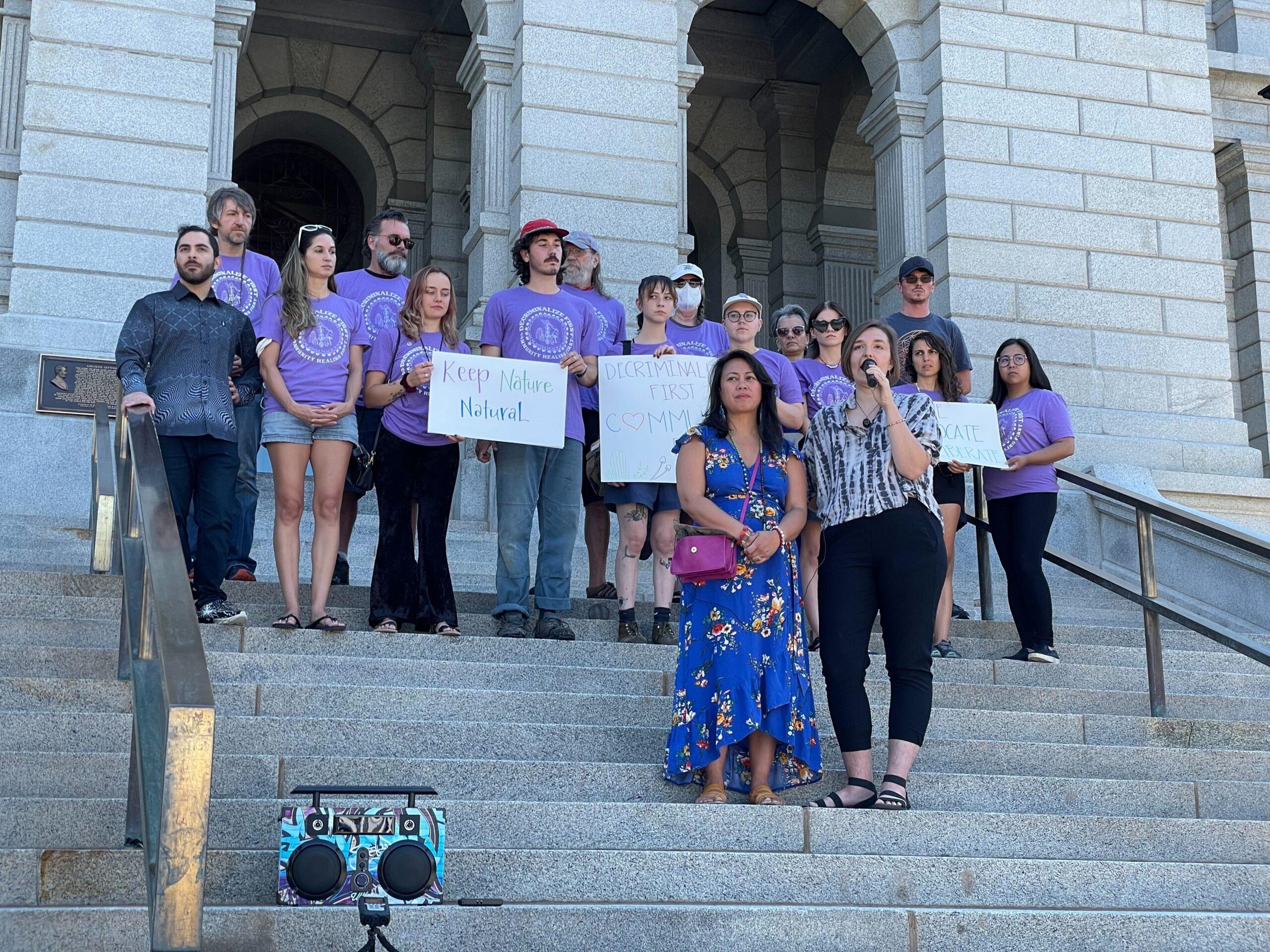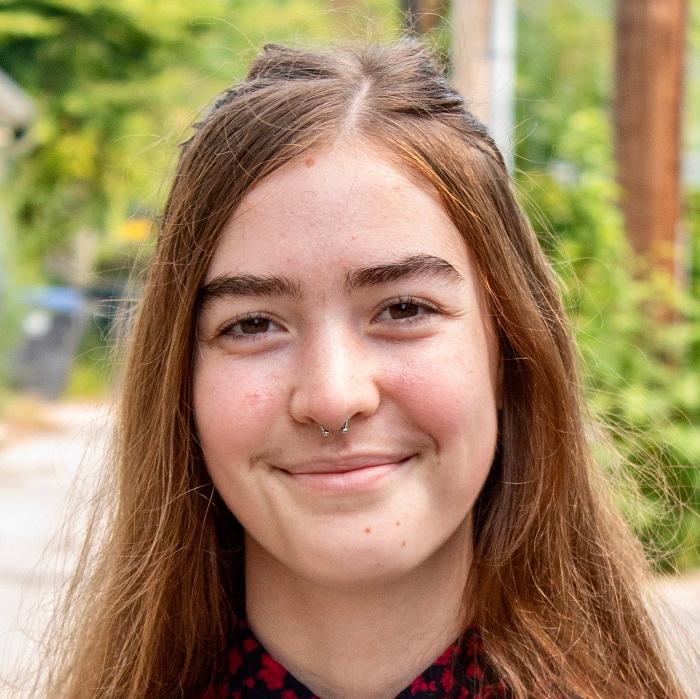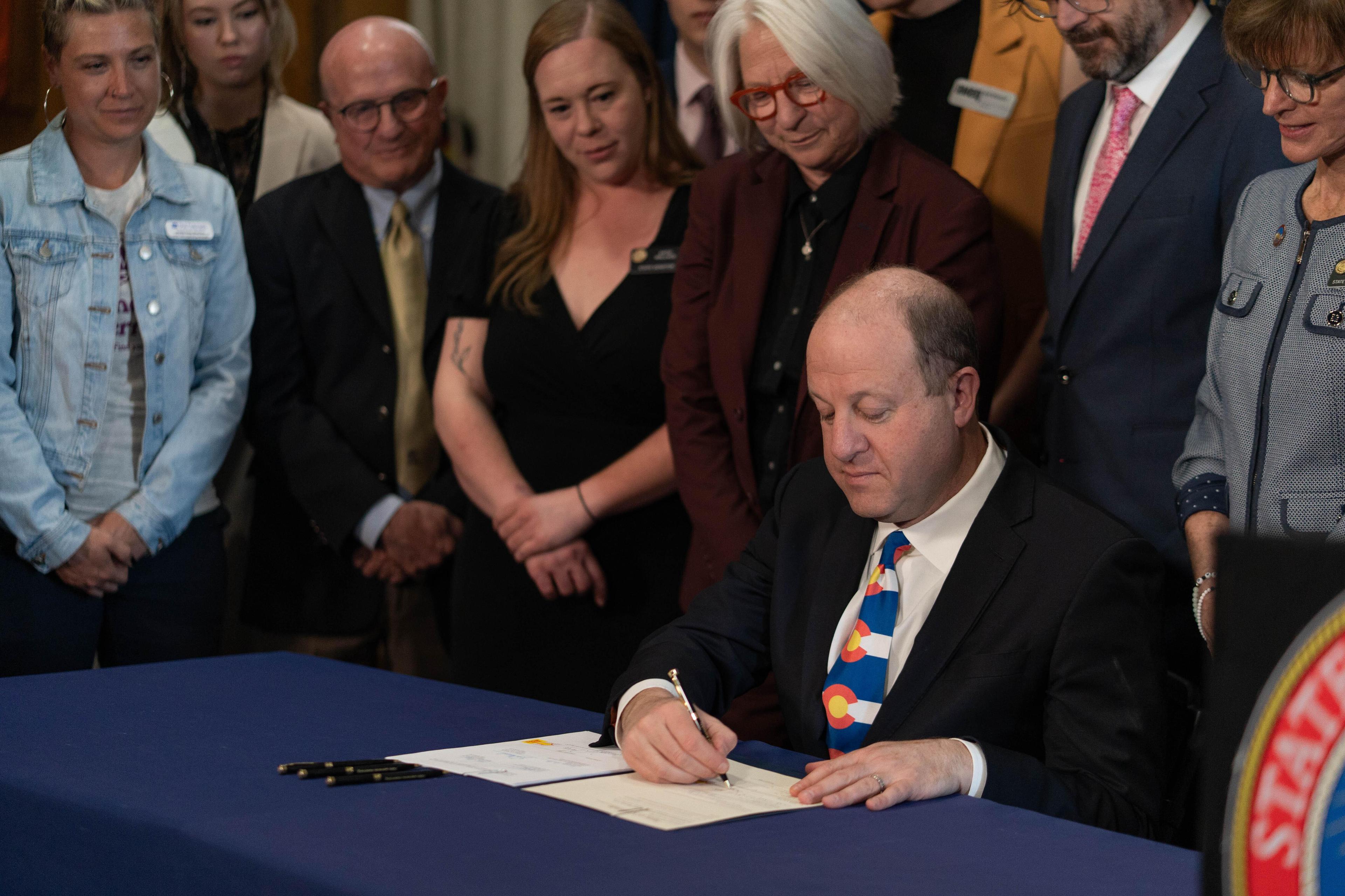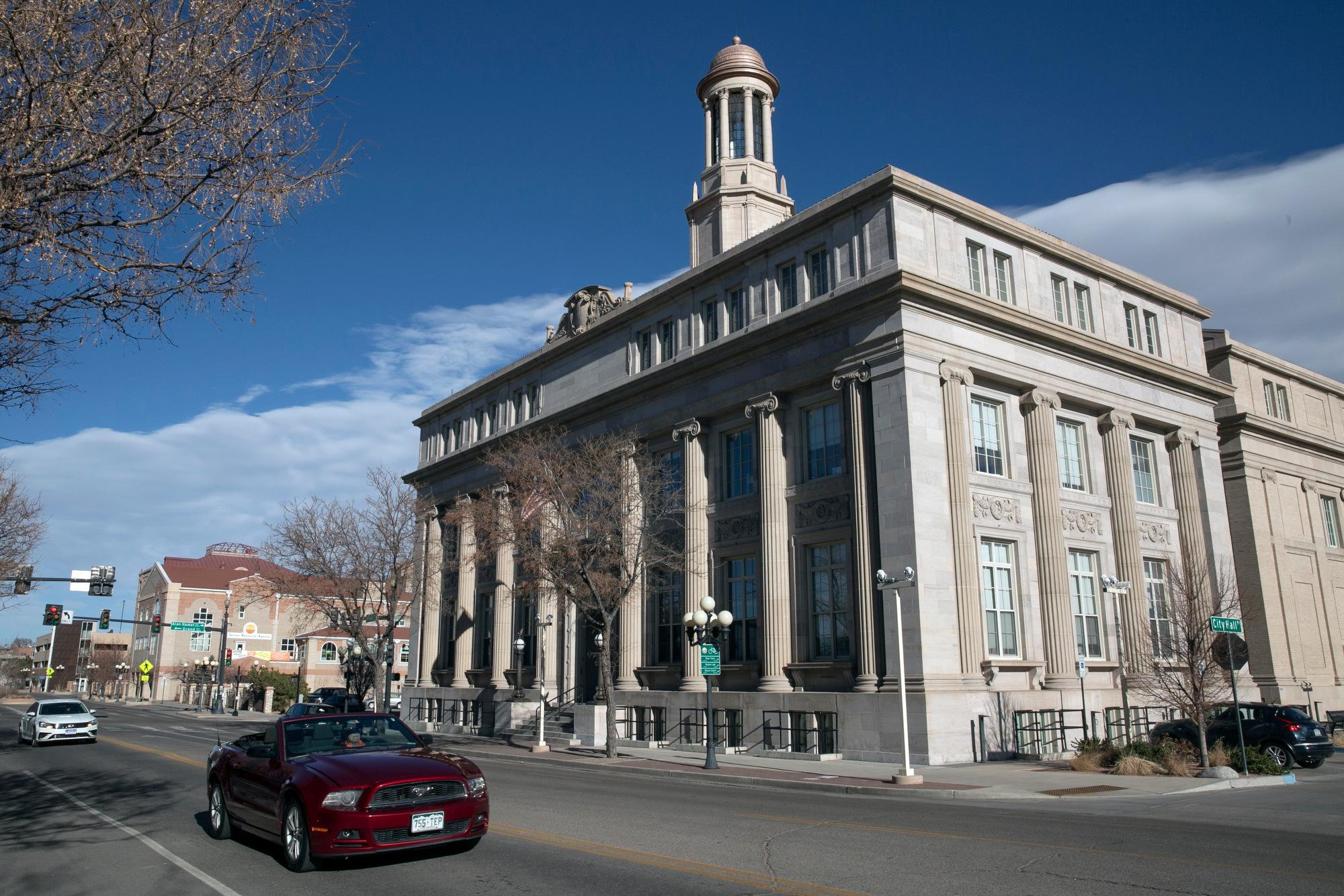
Updated Aug 9, 2022: The Secretary of State's office confirmed backers submitted 5,001 signatures, far short of the minimum number needed to qualify for the ballot.
Voters will decide whether to legalize psychoactive mushrooms statewide this November. But another initiative to decriminalize most plant-based psychedelics, Initiative 61, likely won’t make the ballot, according to organizers.
Proponents were required to turn in signatures to the Secretary of State’s office by Monday’s 3 p.m. deadline. But they said meeting the signature requirement was difficult with an all-volunteer campaign.
Initiatives must have about 125,000 verified signatures to qualify for the ballot this year.
However, Initiative 61 organizer Melanie Rose Rodgers said their work isn’t over.
The campaign will now focus on pushing local decriminalization efforts, but they don’t support the initiative to legalize psychoactive mushrooms already on November’s ballot.
Called the Natural Medicine Health Act, the measure would decriminalize psilocybin — the chemical found in magic mushrooms — and legalize it in state-regulated settings.
Initiative 61 organizer Nicole Foerster said it’s too soon to create a legal access framework.
“I believe in the power behind these medicines,” Foerster said. “And I also believe in being very careful about how we go about legalizing them.”
Foerster, Rodgers and other organizers have also criticized current statewide legalization efforts for taking over $2 million from a Washington, D.C.-based nonprofit. Most initiatives cannot make the ballot without significant funding, according to political consulting firms on both sides of the aisle.
“We do need to stand up for what’s right for our beliefs,” Rodgers said. “Because if not, we’re going to have the same thing happen: a small group of people with lots of money making all the decisions for everyone else.”
But, according to NMHA organizer Veronica Lightning Horse Perez, the initiative’s two-pronged approach is intended to open up access to a wide group of people.
“The needs and desires are all over the map,” Perez said in a July interview. “So it comes down for me to the right to heal and personal sovereignty.”
Organizers want to follow community and research based approach
After being diagnosed with cluster headaches at 15, Foerster said that mushrooms helped treat it. But they don’t want people to see the substance as a panacea.
“At age 18, I tried psilocybin for the first time, and after three years of constant debilitating headaches, I was symptom-free for three years,” Foerster said.
They said it should not be a crime to use plant-based substances, but that the pace of policy needs to follow the pace of research.
Rodgers added that conversations need to include everyone impacted, especially communities with a legacy of use. So organizers are starting a new campaign: Colorado for Community Healing.
“When we think of Indigenous cultures and the people that have been using this medicine for so long, healing happens in community,” Rodgers said. “You need your community after these experiences, you need it for education, for harm reduction. So we’re here to hold that space and keep it at the forefront.”








